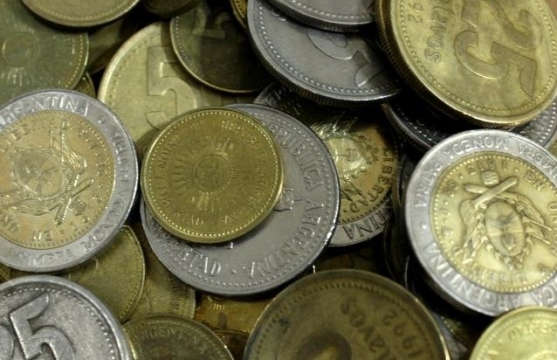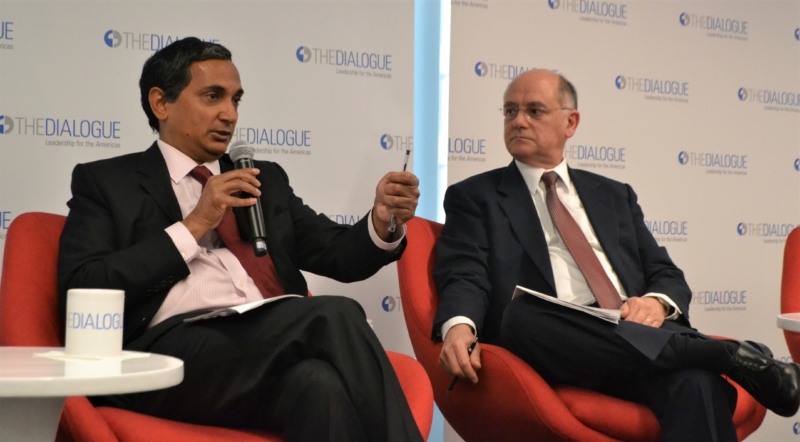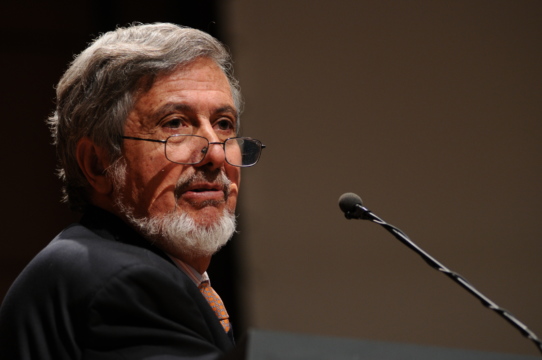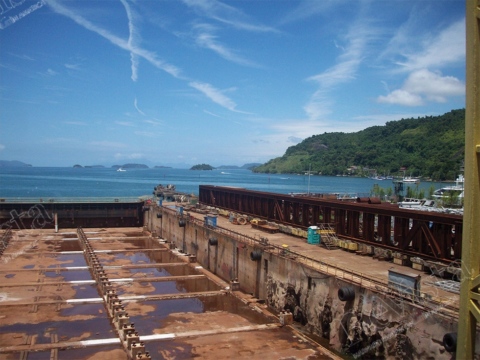
Remittances to Latin America & the Caribbean in 2014
In 2014, remittances to Latin America and the Caribbean grew 4%, reaching at least $62.3 billion.
On November 1, the Inter-American Dialogue hosted a discussion with the International Monetary Fund based on the IMF’s latest Western Hemisphere Regional Economic Outlook report, “An Uneven Recovery.” The discussion featured Jorge Roldos and Krishna Srinivasan from the IMF, Andrew Powell from the Inter-American Development Bank as commentator, and Michael Shifter, president of the Inter-American Dialogue as moderator. The conversation focused on the key findings of the report as well as areas in which the report could be expanded.
Jorge Roldos comments on trade tensions warning that "if tensions continue to escalate there is more uncertainty which brings confidence downward and pushes negative growth in the region." #LATAMEconomy pic.twitter.com/ylgzmnKKLK
— The Inter-American Dialogue (@The_Dialogue) November 1, 2018
Krishna Srinivasan, deputy director of the Western Hemisphere Department at the IMF, began the conversation by discussing the current economic climate in the Hemisphere. Srinivasan explained that the key message of the report is that economic recovery is becoming more uneven in the region. For example, Brazil and Argentina have regressed in terms of performance whereas Colombia, Peru and Chile have seen improvement. Jorge Roldos, assistant director for the Western Hemisphere Department at the IMF, explained how global growth is expected to remain the same, but that supportive domestic policies and an increase in investment risks, such as trade tensions and fiscal tightening, have contributed to the uneven growth in the region.
Andrew Powell, principal advisor for the research department of the Inter-American Development Bank, welcomed the results of the report but emphasized that microeconomic management is also necessary to boost growth and reduce invest-related risks.
The event concluded with a Q&A session that addressed concerns about capital flows and controls, inflation, and human rights considerations in the report. Additional questions focused on the role of Mexico and Brazil, as well as the financial expectations from the newly elected governments.
In 2014, remittances to Latin America and the Caribbean grew 4%, reaching at least $62.3 billion.
With the recent decline in commodity prices, why have some countries have fared better than others?
With Brazil’s state oil company Petrobras engulfed in a massive corruption scandal, the government looks poised to introduce an energy sector overhaul.
 Gastón Ocampo / Inter-American Dialogue
Gastón Ocampo / Inter-American Dialogue

